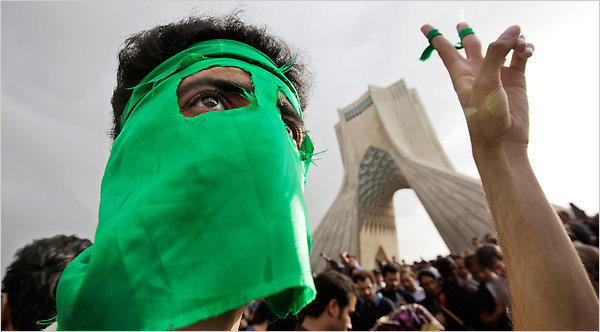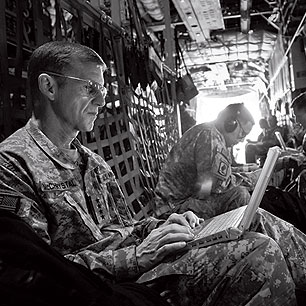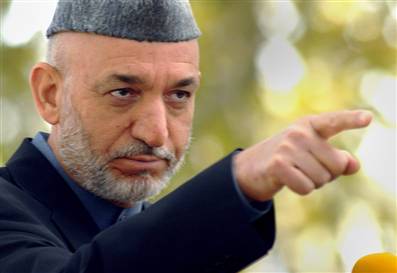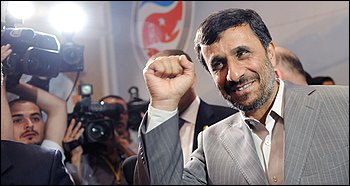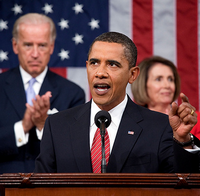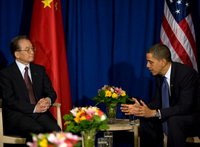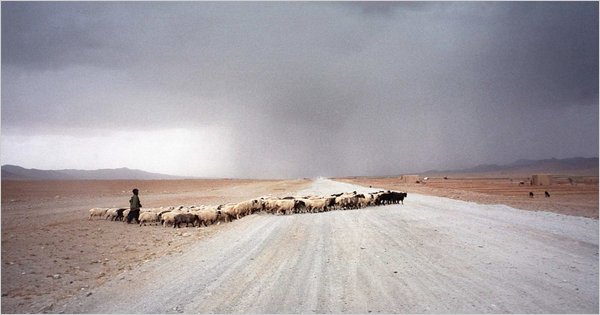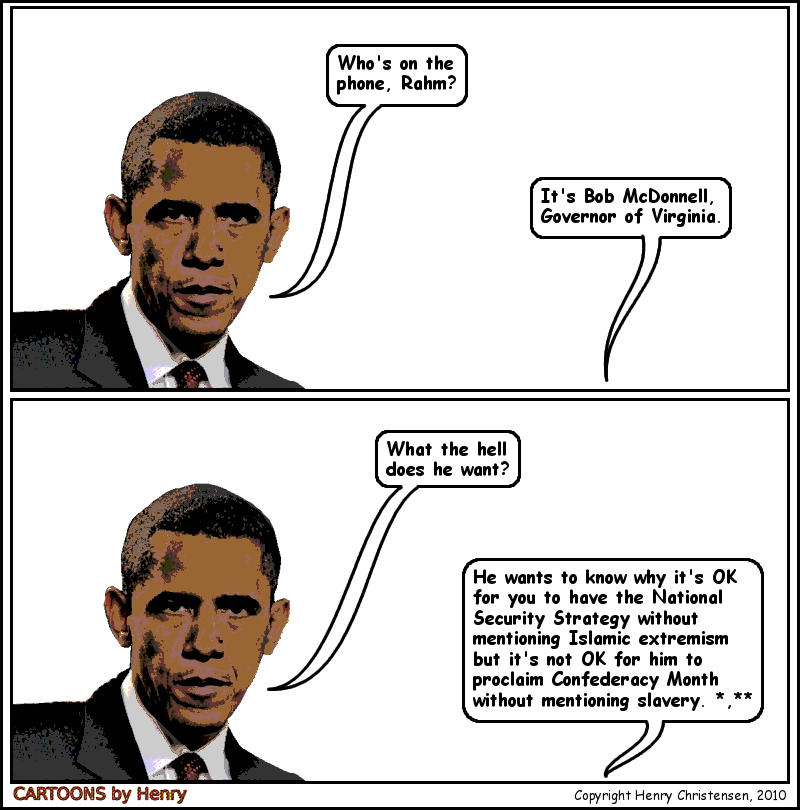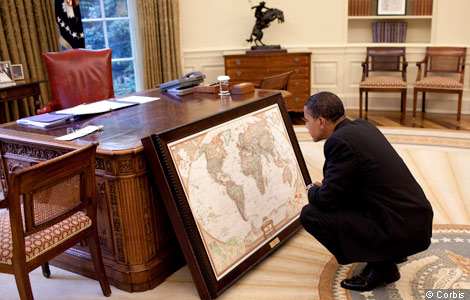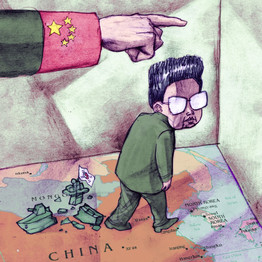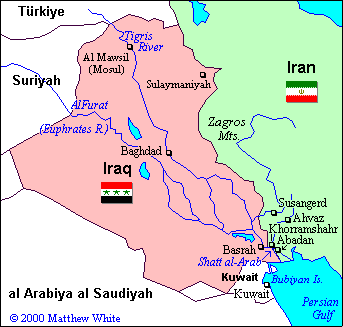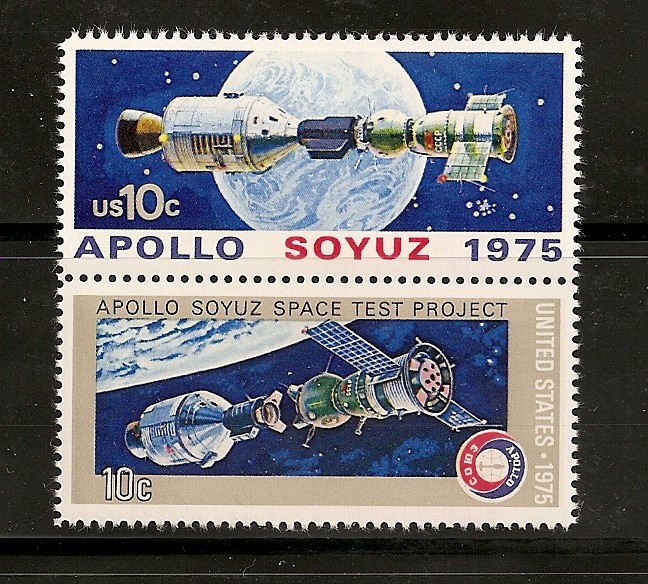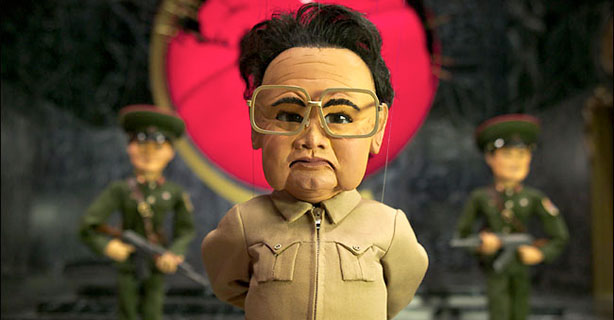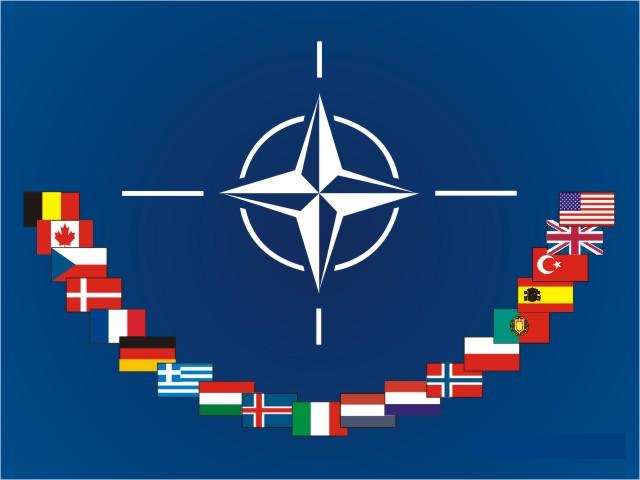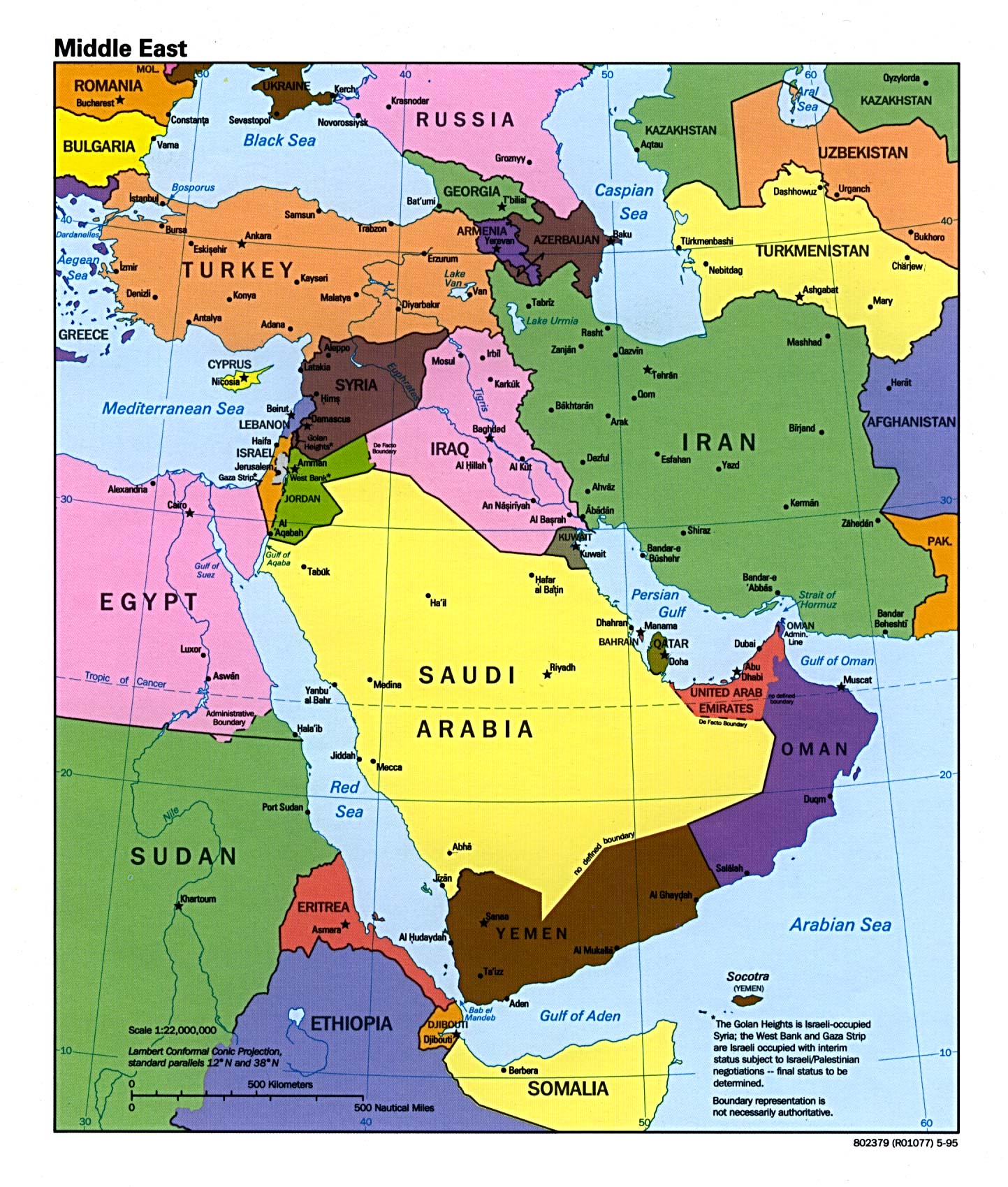 Find the book here, because I won't.
Find the book here, because I won't.
Certainly not on the basis of the WAPO review referenced (or three hours of reading through dozens of pages via Google), which nonetheless describes it as a hot read in the Obama White House.
Few things would depress me more but surprise me less.
This is a classically non-economic view of American grand strategy (certain to appeal to the lawyerly Obama administration), which, if I could define in one phrase, would be "open door" for the last century-plus.
The result? It's called globalization, my friends, the most world-shaping phenom known to humankind. It's only the most individually liberating and enriching "empire" the world has ever witnessed. That's what American "hubris" bought us.
Still loath your country's impact on human history across the 20th century?
Globalization--that's the base. Everything Beinart targets in this book is superstructure.
This is self-criticism bordering on self-hatred simply because it's view is so DC, so pol-mil, and so public-sector as to miss the gargantuan forest for the trees.
But examine the source:
Beinart is a classic Washington scholar-journalist-pundit -- a Yale and Oxford graduate who has edited the New Republic, stamped his wonk pass at the Council on Foreign Relations and now hangs out at the New America Foundation and the City University of New York.
So go figure, global economics is a distant concept, as is life outside the Beltway or Manhattan's best salons. It's truly compelling when someone of that breadth of experience targets the narrow thinking of Washington insiders. The pot was never more correct in calling the kettle black (though I thought it crucial to the storyline to hear that Joe Kennedy bought son Jack prostitutes in his youth--see page 133; if only Beinart spent such effort understanding global economics!).
But how to explain globalization's rise in its modern form? How to explain all the poverty reduction, wealth growth, technological advance, and reduction in warfare? How to explain the defeat of the Sovs? How to explain the moratorium on great-power war without crediting the US on nukes? A world of numerous rising great powers with no great-power war? These are all accidents of history? Weird, unexpected byproducts? How come none of this is possible UNTIL America becomes THE world power? Is all that purely coincidental? Unintentional success amidst our non-stop strategic delusions?
Of course, you can go the sophisticated self-hating route and declare it all "their" victory, but please . . ..
So here we get the usual left-wing condemnation of the whole based on--frankly--the least meaningful parts. This is the Left's mirror-imaging of the same narrow vision of the Right's neo-cons. Frankly, there isn't an intelligent businessman among them both.
Grand strategists understand that the military part is just time-buying. Kennan knew that. His containment strategy was sheer genius and it worked (and yes, by defining it as a "narrow political strategy" it's necessarily a vast economic one). TR and FDR knew that, and set in motion America's grand strategic impulse that has remade the entire planet for the better.
But no, let's skewer Wilson one more time, whine on about irrelevant Vietnam, and credit Reagan with winning the Cold War (though, his cheapening of it by supporting anti-communist rebels is correctly defined as genius) when it was really Nixon and Kissinger that let loose the dogs of globalization with China.
I think Beinart is a smart guy. I also think he's doing public therapy for supporting the war in Iraq (the reviewer's point; read the opening pages and watch Arthur Schlesinger spill his martini and you too can cringe at the tragedy of it all), and on that score, you can count the whole endeavor up in terms of public treasure and blood, but again, we're talking only a tiny fraction of reality. If you think the story of globalization's penetrating embrace of the Middle East is captured completely by our Iraq operation, then I will leave you alone to your thoughts. Ditto if you can't see how that intervention sped things up. But no, that public debate ended years ago for most people, hence the need to declare--pre-emptively--failure on a continuing grand strategic impulse that has spanned decades and continues to project into many more with its current-day actions.
America the nation does grand strategy just fine; Washington just lacks grand strategists.
But you won't find any of that larger impulse in Beinart's narrow tome. Search the book at Amazon, like I just did for the word globalizaton. You won't find a single entry!
No, wait a tick! There's a single reference on page 290 to "globalization" (yes, it only appears in "quotation marks" because it's not real but some queer fantasy of Francis Fukuyama and the Clintonistas!) as being the Washington Consensus in extremis (American-style capitalism plus full-blown American-style democracy). This is presented as an intellectual sophistry perpetrated by the Clinton White House, and dutifully rejected by the planet as "Americanization."
Imagine that, "globalization" is just the result of some Clintonian triangulation!
I gotta tell you, this sort of analysis is just bizarre in its willfully narrow ignorance.
How this passes as serious judgment on American grand strategy is beyond me. There are basically no references to the global economy either, except two passing ones to a near global economic meltdown in the late 1990s and the global financial crisis of 2008. That's it. American grand strategy is just the wars we fought and the places where we sent troops.
You can't find thinking more preciously biased than this other than in your average undergraduate course on U.S. foreign policy in too many American colleges to name, but such is the state of punditry in Washington--that island of public-sector unreality.
This is why I wrote my 85-page history of America in "Great Powers" from the prism of our experiment in globalization-in-miniature (19th Century) begetting our projection of that model across the 20th. That "hubris" is the greatest single force for good the world has ever witnessed from a nation state. Beinart just doesn't recognize that reality because he does not know where to look. Nothing in his training or career forces him to look beyond the narrow confines of his comfortable conversations with like-minded types. This is why I don't read Foreign Affairs. I can't afford the de-education.
 Thursday, June 24, 2010 at 12:06AM
Thursday, June 24, 2010 at 12:06AM 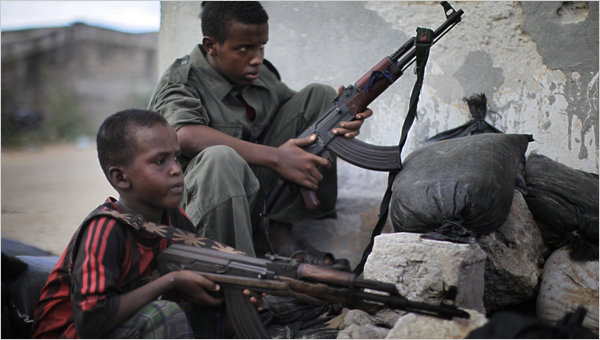
 Africa,
Africa,  SysAdmin,
SysAdmin,  US foreign policy | in
US foreign policy | in  Citation Post |
Citation Post |  Email Article |
Email Article |  Permalink |
Permalink |  Print Article
Print Article 








